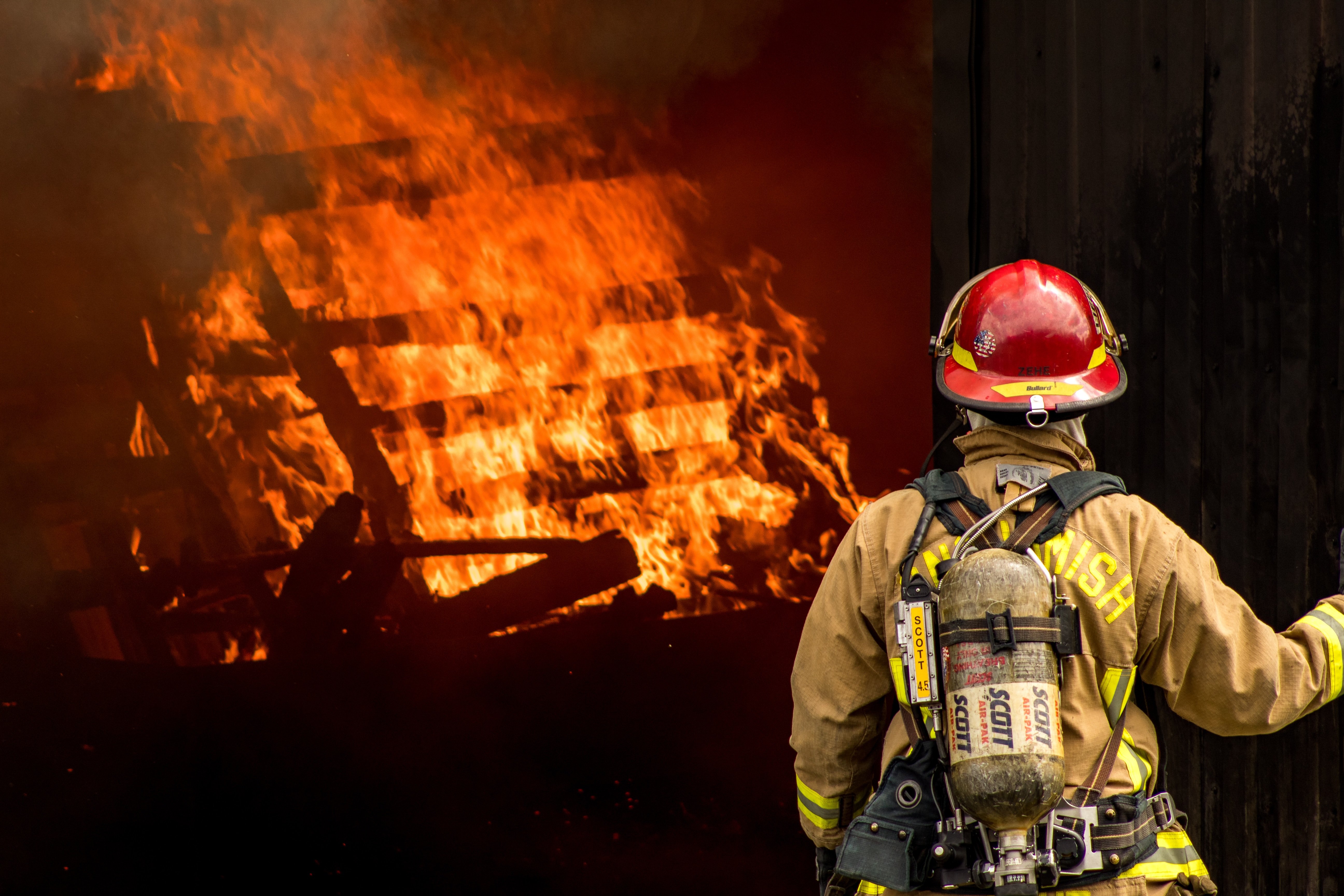What group of people is best positioned to advise a new school of sustainability? On June 5th, we got Stanford administration’s answer. The Doerr School’s Dean announced the school’s Advisory Council’s new membership. The Council now counts 22 members, over half of whom are either billionaires or their spouses, and half of whom are executives at large corporations or investment firms. Five of the new council members are researchers, and only three of these researchers have expertise in environment, energy or sustainability. The sole student is a brilliant and thoughtful individual whom I hope will be listened to. The Council includes no community organizers, activists, government officials or representatives from Africa.
The Doerr School seeks to address climate change — what former World Bank Economist Nicholas Stern called “the greatest and most wide-ranging market failure ever seen.” It is far from obvious that businessmen, financiers and philanthropists steeped in market thinking are best qualified to advise a school of sustainability. But this goes beyond a mismatch of skills.
The Council counts among its members a titan of high-tech who made his billions monopolistically stifling competition and who recently purchased a stake in the world’s largest private jet services company, the managing director of a bank deeply invested in fossil fuel expansion, and the president of a thinktank notable for employing a cadre of climate deniers, to name a few easy examples.
Stanford administration’s confusion of accumulated wealth for leadership and fame for wisdom is certainly true to form — after all, what else would you expect from a school founded by a notorious robber baron and led for decades by prominent eugenicists? More recently, Stanford dropout Elizabeth Holmes similarly substituted power and money for domain knowledge to form the board of Theranos. Still, in 2023, Stanford and the Doerr School clinging to the same fallacious logic disappoints.
It is shockingly credulous to allow those who have financed or supported oil wars, anti-competitive rents and science denial to advise us on how to solve many of the problems they exacerbated. As Anand Giridharadas points out in his book Winners Take All: The Elite Charade of Changing the World, it is like assuming that “arsonists make the best firefighters.”
Moreover, the vast majority of the Council’s members provide an extraordinarily narrow perspective of shelter and privilege. They will likely experience climate change, an existential threat for billions, as nothing more than an inconvenience. This is fundamentally anti-democratic. In the words of Congresswoman Ayanna Pressley, to make good decisions about an existential threat, “those closest to the pain should be closest to the power.”
If we want to solve climate change equitably, we need decision-makers with truly diverse perspectives who have a stake in the solution. Diversity is both just and pragmatic: Stanford’s own research has shown that diverse perspectives lead to the best climate adaptation strategies.
What do we students do with our intransigent school? Do we put our head down, get our degree and move on to do good in the world? That is certainly one approach. But I think Stanford is too prestigious and wields too much influence to be given up on. And change is possible. This year alone, the Stanford community has already successfully pressured the Doerr School to launch an environmental justice center and to reconsider its fossil fuel funding.
To steer the Doerr School towards true sustainability, we can establish a Council where more young people, people from low-lying island nations who are already forced to abandon their ancestral lands, people who have experienced environmental racism, and people whose livelihoods are dependent on a just energy transition hold the highest advisory roles. In our time here, we have the power to push Stanford ever so slightly towards justice, towards community, and towards sustainability.
Yannai Kashtan is a Knight-Hennessy Scholar and a Ph.D. student in the Earth System Science program, where he researches the health effects of burning fossil fuels in the home. He is also an organizer for the Coalition for a True School of Sustainability.
